The St. Sophia church which rises in the centre of the Bulgarian capital city is inextricably bound up with the history of the city of Sofia and is regarded as one its symbols. The dean of the church, Father Angel Angelov says that the temple bears the name of the wisdom of God – the Word, and not of the ancient martyr Sophia even though it marks its patron saint’s day on 17 September when we honour the memory of Sophia and her three daughters.
The church was built to honour Jesus Christ, and it was on this day – 25 March, Annunciation day – that mankind learnt of his coming. It is the day on which Archangel Gabriel brought Virgin Mary the glad news she would conceive and give birth to the Son of God. On this day the news spread that the Saviour was coming to spread his word and his wisdom. That is why Annunciation is so important to the church St. Sophia because of God’s wisdom which is coming to save mankind.
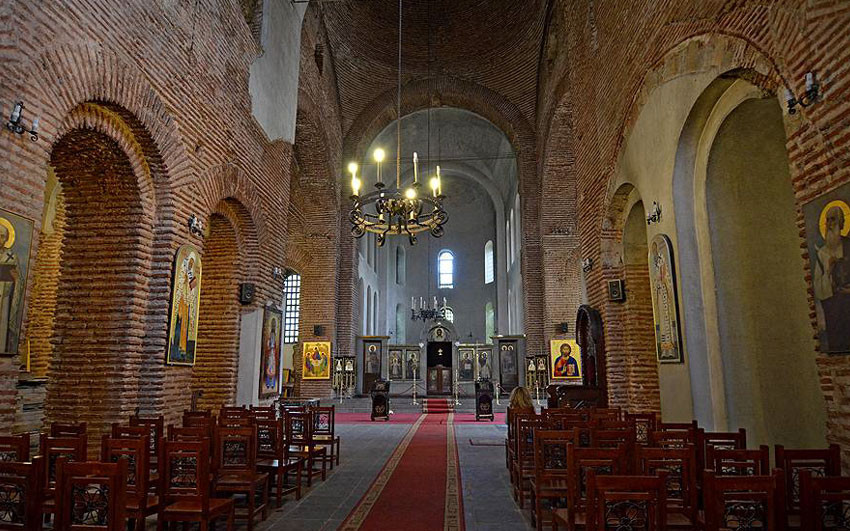
St. Sophia is a monument of culture and is thought to be one of the oldest architectural masterpieces in the Balkans, Father Angel says and adds:
As it now stands it was built at the end of the 5th and the beginning of the 6th century. Beneath it lie the foundations of another four churches, the first of which dates back to the 3rd century, the time of the mass persecution of Christians in our lands and in the Roman Empire. There existed on this same spot a small church which was a burial temple because the land around was studded with tombs. It is not known whether at that time it bore the name St. Sophia. Over time the church was gradually extended and, at the beginning of the 6th century, this typical Byzantine basilica that we see now was built.
The church is considered a symbol of the capital city, and it is thought that in the 14th century it gave the city its name. During the time of the Second Bulgarian Kingdom (12 – 14 century, 1185 – 1396), Drastar, now the town of Silistra, a patriarchal and metropolitan centre, was raided and looted and St. Sophia was turned into a metropolitan cathedral church. There is evidence of this in the frescoes dated to the 12th century which show that the church played an important role in the state.
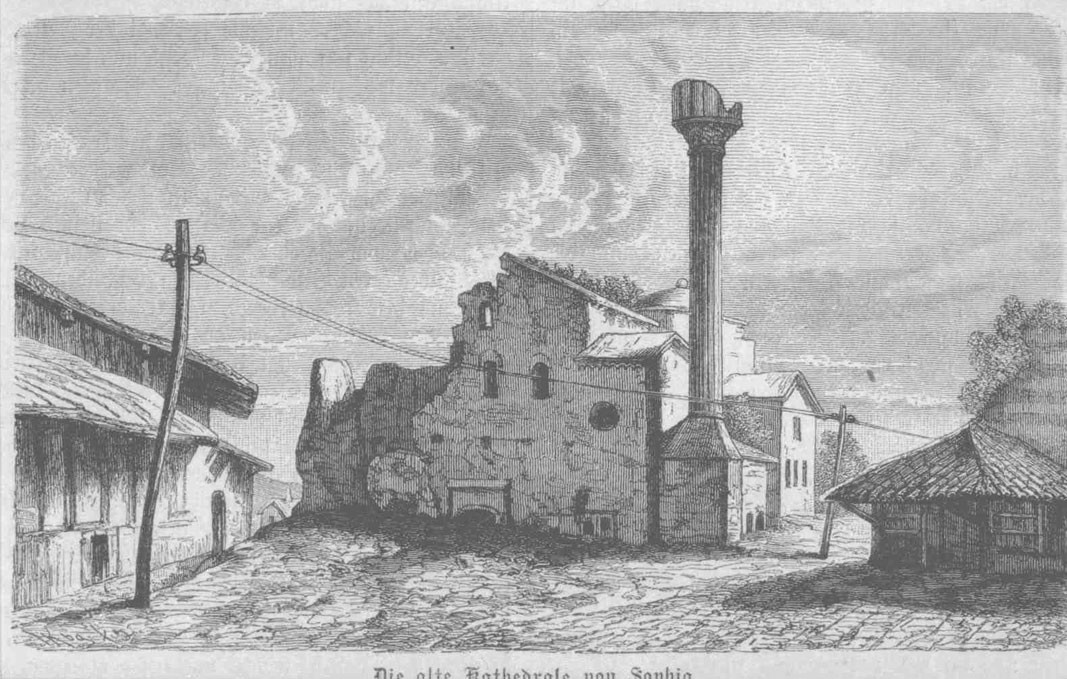
St. Sophia was, for a time, a mosque though it was not forcibly taken, Father Angel says. After the Ottoman invasion Christians came to realize they wouldn’t be able to keep such a church going and it became a mosque. During an earthquake the minaret fell, killing one of the children of the mullah. The Turks saw this as a sign and abandoned the temple. During the country’s liberation the Russian troops found it in ruin. Its restoration was begun much later until it was restored as it now stands.
A few years ago, an underground museum was made underneath St. Sophia at an archaeological level, where the walls of the temples that once existed on this spot can be seen, as well as different kinds of burial items, dated to the period of between the 2nd century BC and the 4th century AD, preserved Roman tombs, masonry graves, beautiful mosaics with plant elements, geometric shapes, crosses.
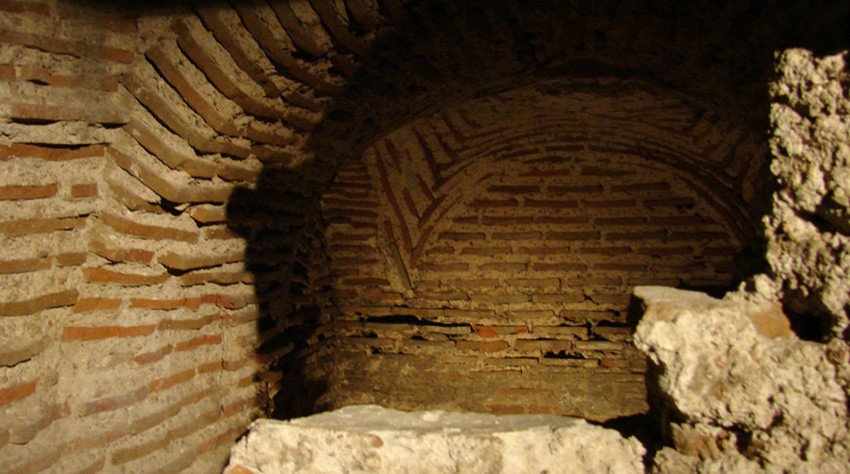
Elements of the ancient Serdika have been restored to show the various archaeological layers found beneath the church. Anyone wishing to go and see the church is more than welcome once the world leaves behind the isolation it is now forced to live in over the coronavirus pandemic. On Annunciation Day Father Angel addresses all of Radio Bulgaria’s users with the words:
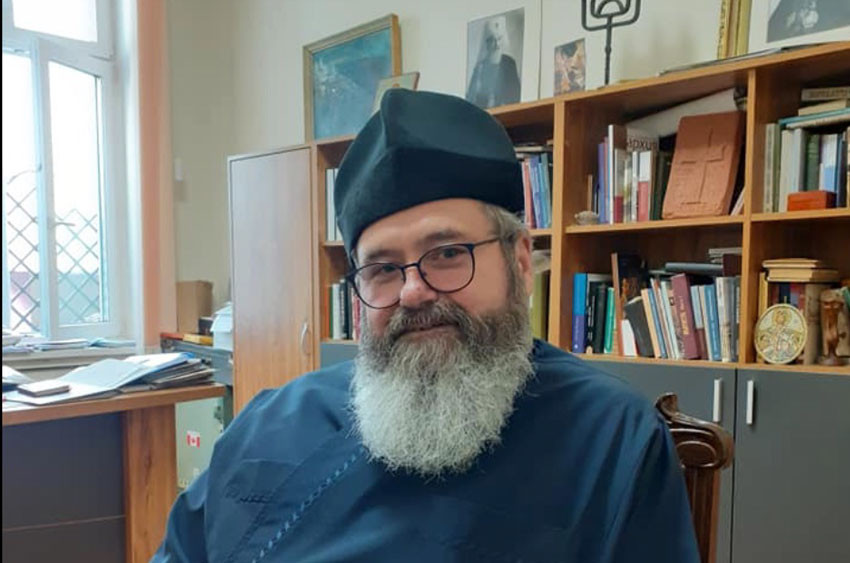
In these times there is but one message. These are truly times of trial. I do not know to what an extent we, Bulgarians, are aware of what is coming. But I believe we are beginning to understand what is coming more and more clearly. What I would like to impress on absolutely everybody is that we have to be disciplined and extremely responsible to one other, and with the strong faith we carry within we shall very easily surmount the ordeal. This is my message – now is the time to demonstrate, in the most determined way possible, the deep faith, the true faith we have carried within through the ages. And of course, a sense of responsibility, because a person of true belief is a person with a high sense of responsibility.
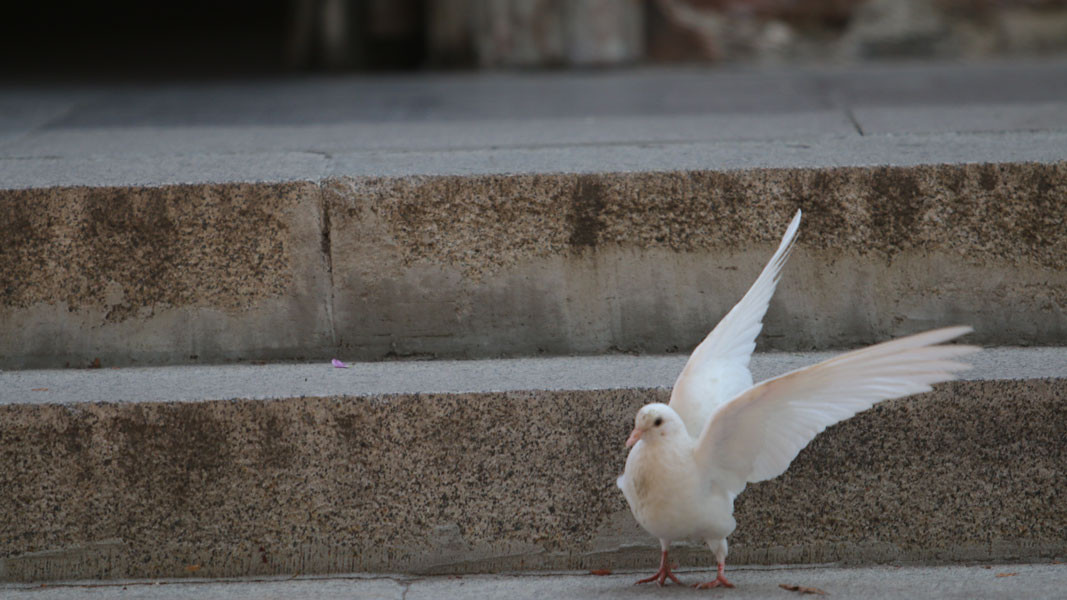
On November 22 and 23, the Bulgarian Orthodox Church will solemnly celebrate the 100th anniversary of the consecration of the Patriarchal Cathedral "St. Alexander Nevsky" . For a century the cathedral has been "a witness to all the hopes and..
The Feast of the Epiphany - the entry of the Theotokos into the Temple - is one of the oldest and most revered feasts in the Orthodox world. It was introduced in Constantinople around the 8th century during the time of Patriarch Tarasius. It was six..
The Museum of the Jewish People in Tel Aviv , Israel, today commemorates the 130th anniversary of the birth of Dimitar Peshev, a righteous man of the nations of the world, deputy chairman of the 25th National Assembly of Bulgaria, the Bulgarian..
On November 30, the Bulgarian Orthodox Church honors the memory of St. Apostle Andrew . In Bulgaria the saint is known as Saint Andrey and the folk..

+359 2 9336 661
